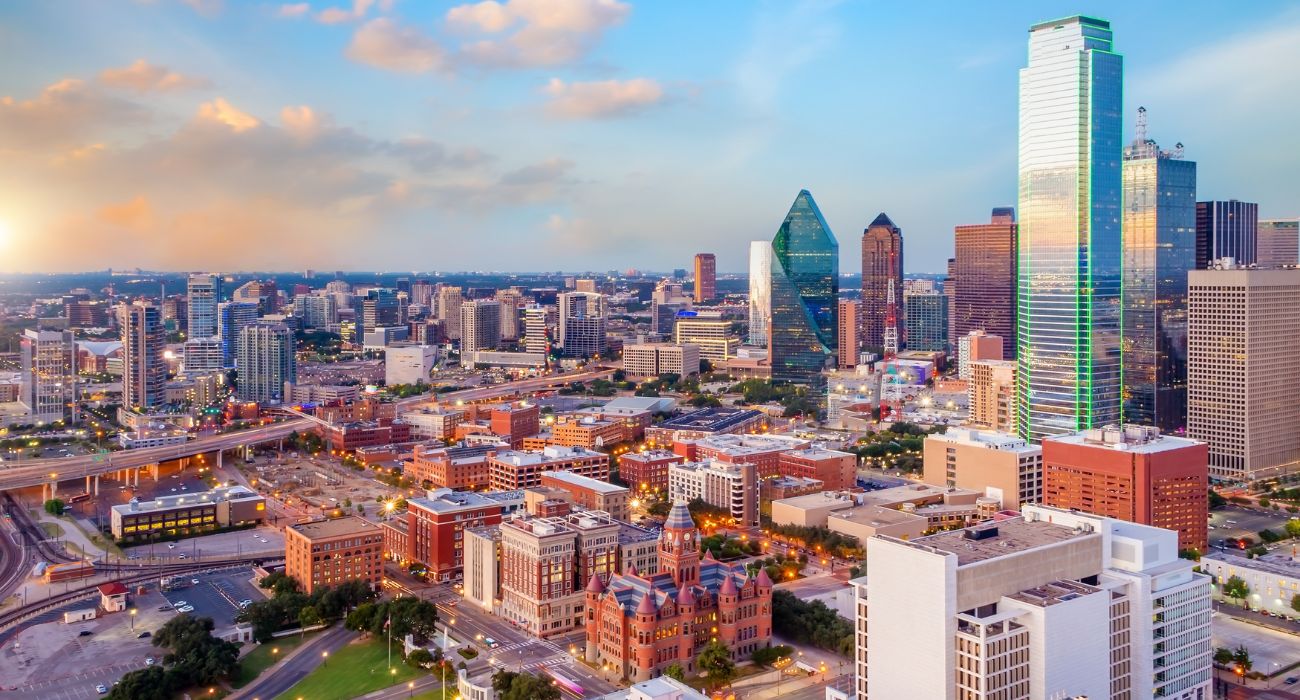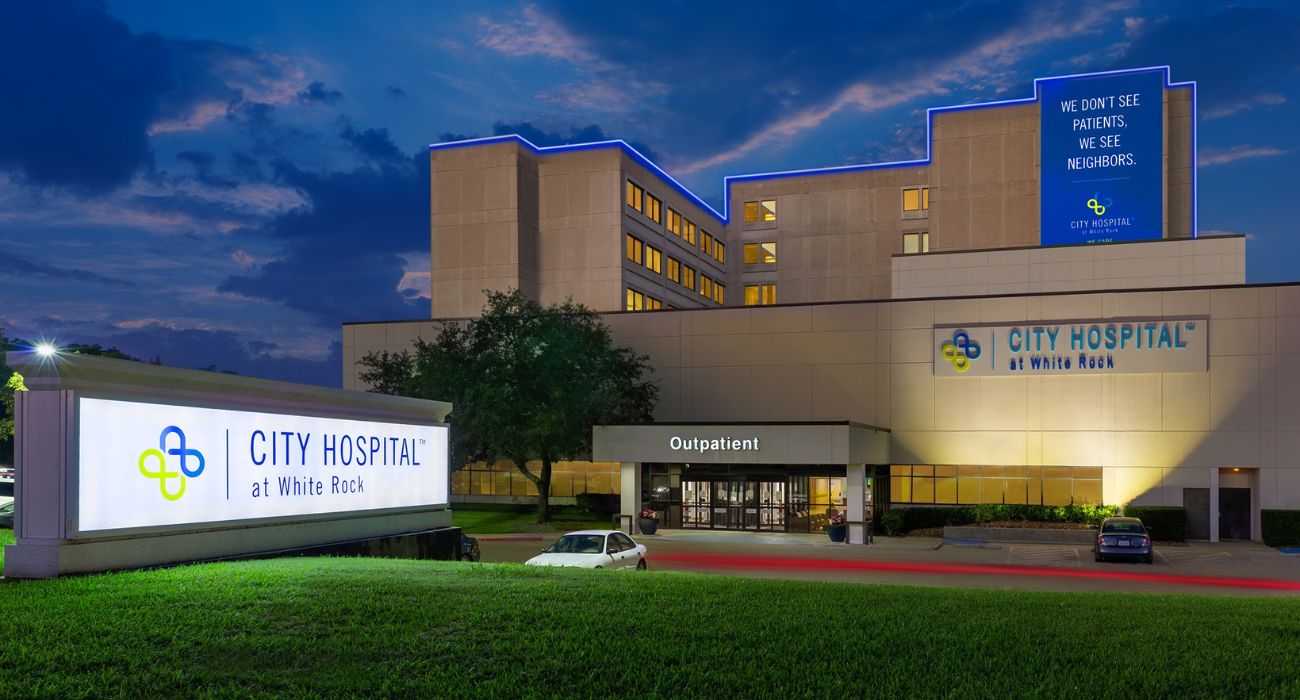A Dallas City Council commission recently unanimously approved recommendations for an updated building code for carbon emissions. The goal of the updated code is to make all City buildings net zero by 2030.
The meeting of the Environmental Commission on January 11 began with a presentation that outlined the details of the plan.
During the presentation, Susan Alvarez, chair of the commission, said that the city manager in 2022 committed Dallas to the federal Department of Energy’s Better Climate Challenge, which aims to reduce 150 city buildings to 50% greenhouse gas reductions in 10 years and to achieve a 20% decrease in energy intensity.
“And now that we’ve made those commitments, it’s up to staff to figure out how on earth we get there,” Alvarez said.
The goals outlined in the presentation are to increase energy efficiency for new buildings and to ensure that new buildings are constructed sustainably and carbon-neutral.
In a conversation with The Dallas Express, Alvarez said that the plan was to bring the building codes up to date from 2015 to 2021 to be in line with state and regional levels, including adding infrastructure for electric vehicle charging and solar power for new construction and redevelopment.
Alvarez added that the net zero policy is in line with the City’s climate plan and that Dallas has already been working toward this goal since 2006 through the American Institute of Architects 2030 Challenge.
Some buildings are already being built to this standard, such as the Vickery Park Library and the Singing Hills Recreation Center.
“And so, to some extent, we’re catching our codes up to current industry standards,” Alvarez said.
“Also, we’ve found most major developers are quietly implementing sustainability goals, either trying to improve their bottom line to reduce energy costs or in response to demands from lenders and shareholders.”
But not everyone believes this is a worthy issue for the city council to pursue, especially in light of other pressing problems such as crime, homelessness, and vagrancy.
Harold Burnett, Dallas resident and director of the Arthur B. Robinson Center on Climate and Environmental Policy, told The Dallas Express that the recommendations are “idiotic.”
“They can pass a law, but they won’t make them zero emission buildings. It’s impossible,” Burnett said.
“If you use concrete, it’s emissions. We don’t have a concrete that doesn’t do that.
“If you install solar panels everywhere, you’re just shifting the emissions from power plants here in Texas … to mines and factories in China or the Congo or India where they produce these solar panels.”
Alvarez noted that she co-authored a national climate assessment and believes climate change is a significant problem.
“We are not doing enough fast enough to address this pending international challenge,” she said.
“People are fighting over trying to transition their car or their leaf blower and their gas stove and not making the connection from their individual actions and the climate-related disasters happening worldwide.”
Burnett dismissed some of the climate policies being proposed as “virtue signaling.”
“It adds cost to the system,” he said. “Who’s paying for that cost? We know that it costs the Dallas city taxpayers.”
He claimed that the city is facing other problems that are more pressing.
“We have a huge homeless problem here in Dallas,” Burnett observed. “Our schools are inadequate, we have high crime, all sorts of problems in Dallas that these people could be spending time dealing with.”
He explained that he believes climate change is a global problem rather than a city problem.
“We shouldn’t get away with just calling it green just because we’re not producing emissions. We’re just offshoring those emissions,” he said.
The recommendations will now have to go before the Dallas Environmental and Sustainability Committee before being put to a vote before the Dallas City Council, potentially in March.







H. Sterling Burnett, director Heartland Institute, a hard-right centered misinformation organization that works to undermine established climate science. ‘Net zero plan’ = Net zero trust in DX news.
But he’s right about everything he said. Dallas has real problems like crime, homesseness, bad schools and bad roads, so why isn’t the City dealing with them instead of fighting imaginary problems like global warming?
No, he’s not right; DX news is not right; and those problems don’t solve this one. Deceptive, closed-minded ignorance about climate change doesn’t change the facts about the damage being done. The city council might even be following the Law (EO 14008). Maybe they’ll figure out a way to solve two problems at once (i.e. solar-powered facilities for the homeless)?
Ah, there it is: “misinformation.” When the left has no argument, it simply slaps the “misinformation” label on inconvenient fact.
Perhaps you can enlighten us as to precisely which claims Mr. Burnett made are “misinformation” and, with specificty, WHY they are inaccurate or false.
Yes. He’s making an ad hominem attack on Burnett; I think it’s because he has no facts and definitely no reason.
Asking “the left” to sort out DX ‘fake news’ is like a Mormon asking a Christian to sort out the Pearl of Great Price. That burden is on the writer, not the reader.
The so-called “green energy” (wind, solar) generates more pollution and waste than fossil fuels if you count all of the mining, manufacturing, and disposal. And “net zero” buildings are expensive and don’t work.